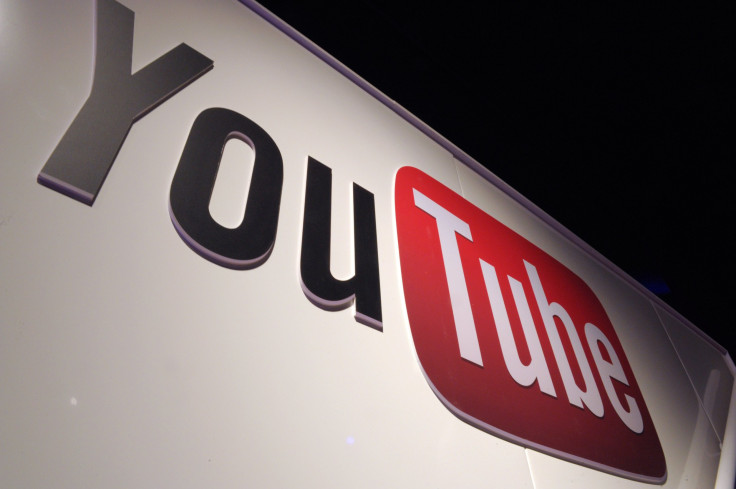YouTube vs Universal, Sony And Warner Music Groups: Top Three Labels To Renegotiate Licensing Deals With Streaming Giant

The top three music labels are set to renegotiate their licensing deals with Google-owned streaming giant YouTube, the Financial Times reported Sunday. Falling album sales and the prevalence of online piracy have contributed to music labels’ decreased revenues in the past decade, as big music labels look to find increased profit through their licensing deals with streaming services.
Online music consumption more than doubled in 2015, though ad-supported streaming like YouTube accounted for just 5.5 percent of the music industry’s revenue, according to Nielsen. “We make peanuts from the ads,” one music executive told the Financial Times anonymously.
YouTube music terms is putting labels in a spin https://t.co/YqvtM1BLNa pic.twitter.com/Dpn93507vn
— Financial Times (@FT) April 10, 2016
Big labels made more money selling vinyl records than they did through streaming services in 2015, according to data released by the Recording Industry Association of America in March. The music industry made $385 million through streaming services like Spotify or YouTube — compared to $422 million in record sales over that same time period. And the same report found that revenues for the streaming companies themselves have only boomed in the past year, with digital subscription services reaching more than $1 billion for the first time ever.
“The consumption of music is skyrocketing, but revenues for creators have not kept pace. In 2015, fans listened to hundreds of billions of audio and video music streams through on-demand ad-supported digital services like YouTube, but revenues from such services have been meager — far less than other kinds of music services,” a blog post summarizing the findings reported.
As the gap between the number of people using streaming services and the money they generate for the labels and artists continues to grow, the industry may have to reassess its strategy in negotiating with streaming services. Music labels could limit the content that is available on free sites like YouTube or bar new music from release on streaming sites for a certain period of time to encourage excited fans to buy the music, according to the same Financial Times report.
© Copyright IBTimes 2024. All rights reserved.












